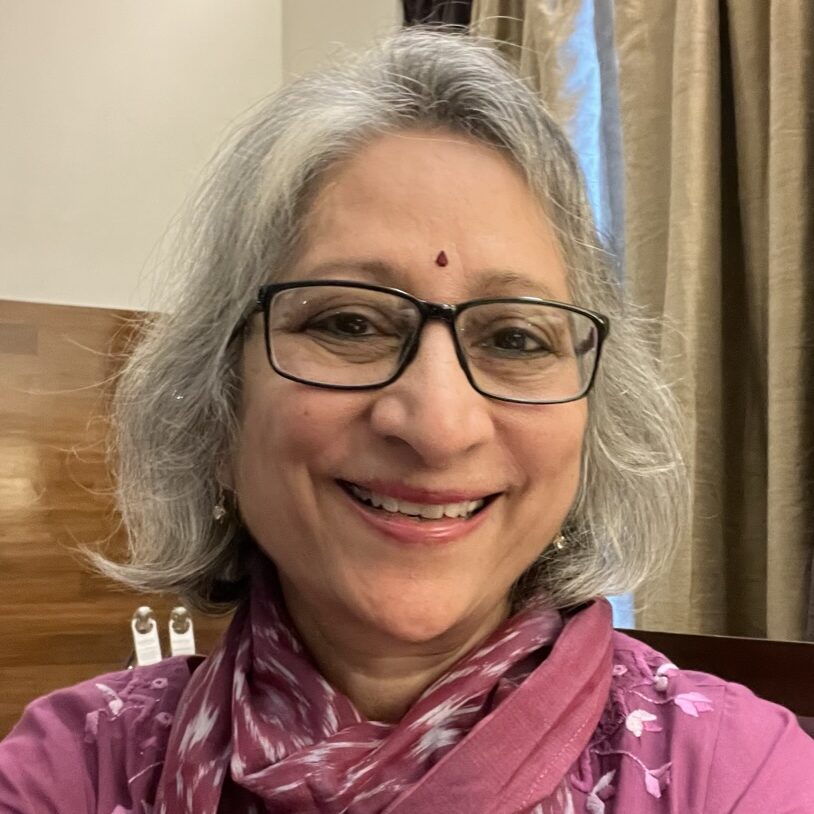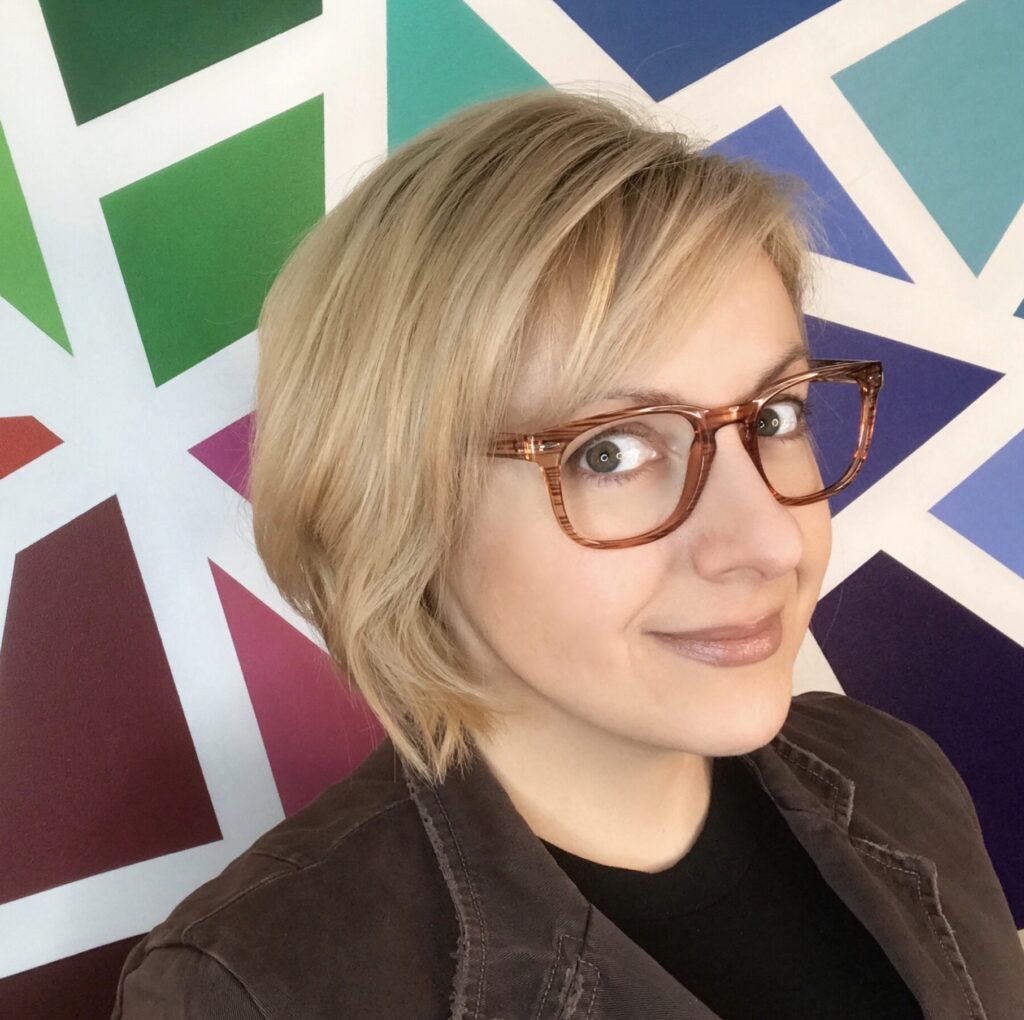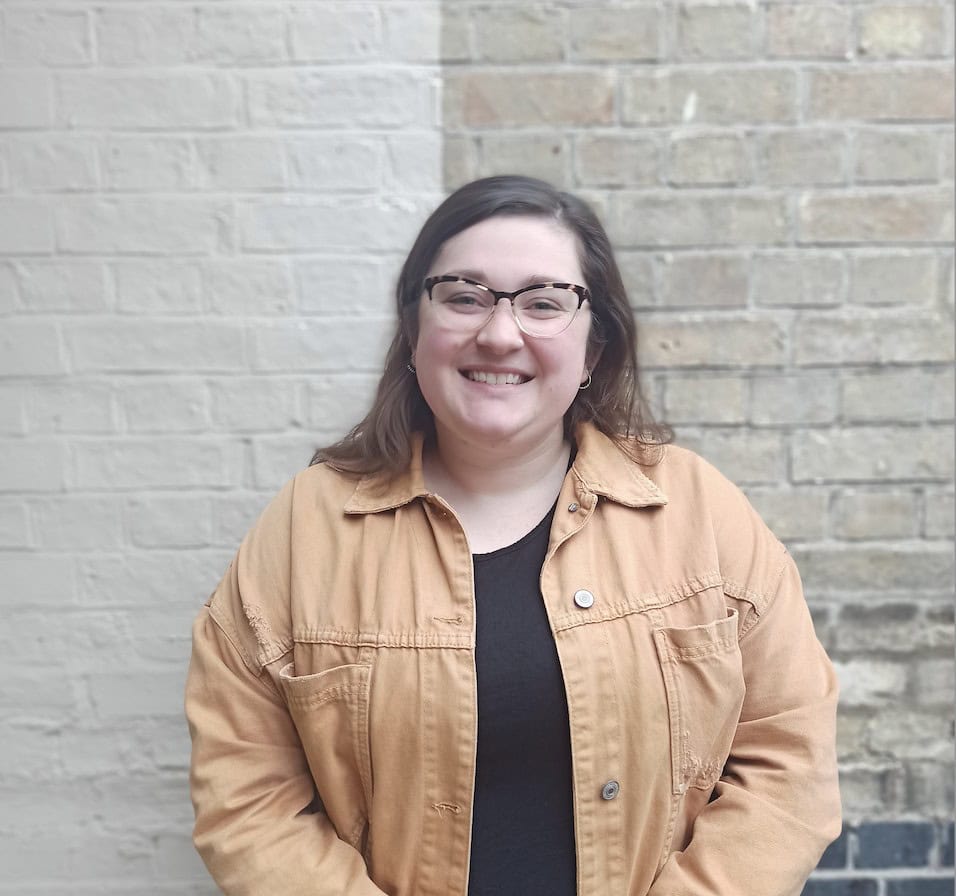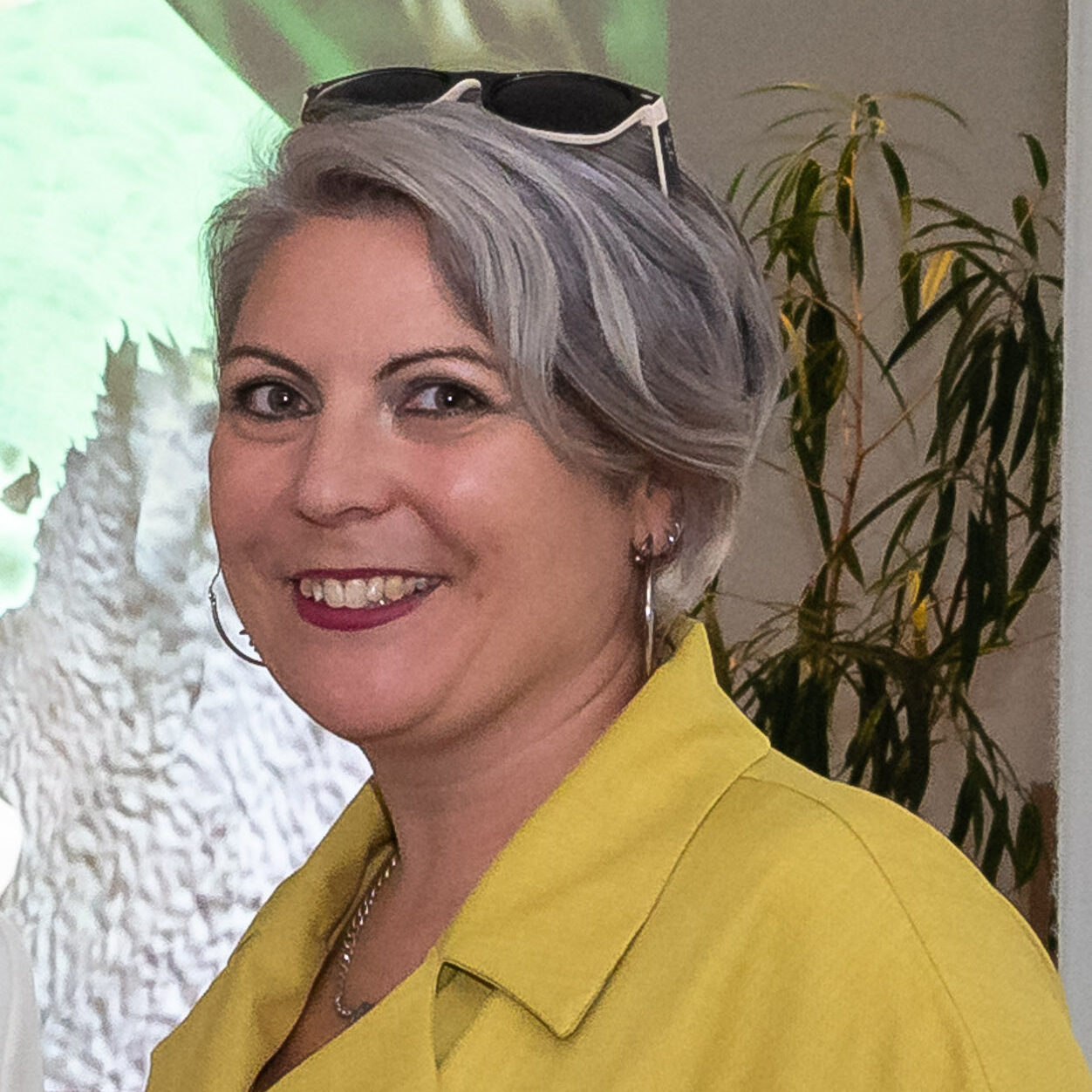
- This event has passed.
Contesting Computing: Imagining Feminist Technofutures
12th November 2024 6:00 PM – 7:30 PM GMT
Image: Siddhi Gupta
We know that technology is not neutral. The development, production and use of hardware and software has created and reinscribed exclusionary and harmful power dynamics: from the omission of women from the history of computer science, to the dominance of ‘tech bros’ in the platform economy, to the gendering and global outsourcing of low paid digital and data work, to the shipping of e-waste to informal economies in the global south. As we begin to understand the harms caused by algorithmic biases and AI, the ways in which inequalities are fundamentally encoded into technology is also becoming increasingly clear. This roundtable discussion will consider the role that education has played in developing our technological landscape and the roles it can and should play in working towards a fairer and more equitable future as well as reflect on how we are “educated” into dominant modes of thinking and knowing through technologically mediated worlds.
This event is hosted in partnership with the Centre for Data Culture and Society and GENDER.ED.
Speaker Biographies

Usha Raman is Professor and Head, Department of Communication, University of Hyderabad. Her academic interests span podcast studies, journalism pedagogy, cultural studies of science and health, children’s media, feminist media studies, and digital cultures. In addition to edited books, journal articles and book chapters, she writes regularly for the popular media on issues related to health, gender and education. and edits a monthly magazine for school teachers, Teacher Plus. She has been a visiting fellow at the University of Sydney (Australia), MIT (USA) and University of Bremen (Germany). She is co-founder of the IDRC funded initiative FemLabCo, which explores the future of women’s work.

Mar Hicks is an author, historian, and professor doing research on hidden histories of computing, as well as the history of labor and technology. Hicks is currently an Associate Professor at The University of Virginia’s School of Data Science, in Charlottesville, teaching courses on the history of technology, computing and society, and the larger implications of powerful and widespread digital infrastructures. Their research focuses on how gender and sexuality bring hidden technological dynamics to light, and how the experiences of women and LGBTQIA people change the core narratives of the history of computing in unexpected ways. Hicks’s multiple award-winning book, Programmed Inequality, looks at how the British lost their early lead in computing by discarding women computer workers, and what this cautionary tale tells us about current issues in high tech. Their new work looks at resistance and queerness in the history of technology. Hicks is also co-editor of the book Your Computer Is On Fire (MIT Press, 2021), a volume of essays about how we can begin to fix our broken high tech infrastructures. Other writing and more information can be found at: marhicks.com.

Dr Aisha Sobey (she/her) is a Research Associate at the University of Cambridges’ Leverhulme Centre for the Future of Intelligence, where she works on the construction of systemic power within technology. She is concerned with the treatment of the non-normative body in AI systems, and how the quantification of bodies through technical knowledges can marginalise those seen as deviant. Her site of focus is the fat body and how this frame intersects with other systems of oppression. She is passionate about championing inclusivity and access in her work, and she Chairs her centre’s Research Ethics Committee and Wellbeing, Inclusion, Diversity and Equality Group.

Sharon Webb is a Senior Lecturer in Digital Humanities at the University of Sussex and serves as a Director of the Sussex Digital Humanities Lab. As a historian, she specialises in Irish associational culture and nationalism of the eighteenth and nineteenth centuries and is an active digital humanities practitioner. With a disciplinary background in both history and computer science, Sharon has cultivated a research career within the expansive field of critical digital humanities and archives. Her research delves into critical digital humanities and archives, with a focus on community archives from both theoretical and practical perspectives, and employs feminist, queer, and decolonial methods to develop their work. In addition, their research in the broad area of feminism and technology, has led to innovative and critical interventions in funded projects, such as Full Stack Feminism in Digital Humanities, and Women in Focus.






